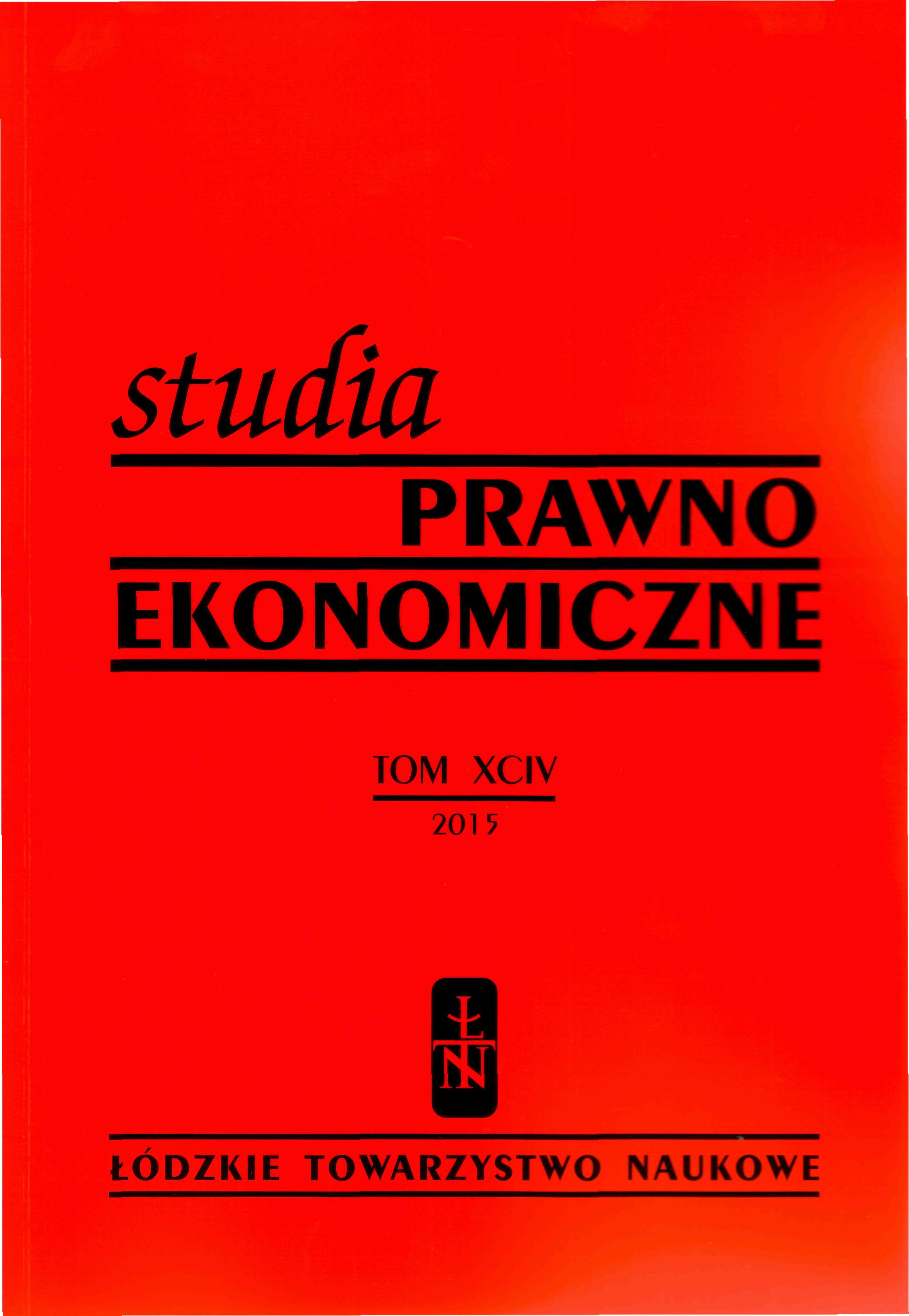Oprawa posagu królowych w szlacheckiej Rzeczypospolitej
Dowry Insurance of Queens in the Polish-Lithuanian Commonwealth
Author(s): Tadeusz SzulcSubject(s): History
Published by: Łódzkie Towarzystwo Naukowe
Keywords: queen’s dowry; prenuptial agreement; marriage articles; dowry insurance; emoluments of the queen; financial securing of the queen’s dowry
Summary/Abstract: Prenuptial contracts obliged the king to insure the queen’s dowry. Without fulfilling this condition, the queen’s dowry was not transferred to the king. In the Polish – Lithuanian Commonwealth the monarch did not own private assets. Decisions about insuring the queen’s dowry were taken by the Parliament of the Commonwealth (Sejm Rzeczypospolitej Szlacheckiej). After the king’s death, the maintenance of the queen widow was secured with the widow’s dowry insurance. The dowry insurance of Anna Jagiellonka constituted a compensation for her right to the family inheritance, which she renounced in favor of the Polish Kingdom. During the interregnum, the initiative to secure the queen’s dowry was taken by the Parliament after the election – by the monarch, in exceptional circumstances – the queen herself. Diplomats of the queen’s royal house insisted that the Parliament grants the dowry insurance, while during the last election (1764) this interest was represented by Russian diplomats. Securing the queen’s dowry often took place in a vehement political fight between the king and his opposition, which tried to force the king into making political concession. Circumstances in which the dowry insurance was granted were different each time. Sometimes the king had to repeat on the next parliamentary session his request to grant the insurance to the queen. The practice shows that the king’s request was usually granted, notwithstanding the resistance of the political opposition.
Journal: Studia Prawno-Ekonomiczne
- Issue Year: 2015
- Issue No: 94
- Page Range: 123-148
- Page Count: 26
- Language: Polish

